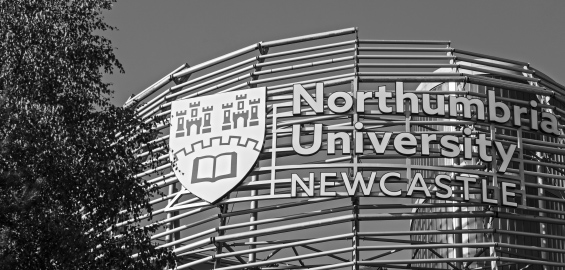We’ve designed this Top Up in partnership with online experts to make sure you get the most
flexible and engaging experience possible. We understand all our students
are different and lead busy lives. That’s why our focus is
on self-paced, interactive
learning that will allow you the freedom to study
whenever and wherever it suits you. The recommended study
time for the course is 15 hours a week.
You will access
all your learning materials through our eLearning
portal (elp) Blackboard Ultra. You
will study one module at a time. The form of your assessments will vary between
modules – they could take the form of an essay or a multiple-choice
exam – but all of them will be submitted online.
There will be no need to come to campus throughout the duration of
your course.
Each of our modules has
been carefully designed to ensure you gain the knowledge you need about that
topic in the most effective, most engaging way. However, all of them will be
split into multiple sessions and follow a three-stage
structure: Learn, Explore and Apply. In each teaching week,
you’ll have the chance to engage with interactive tools and media,
ranging from text-based to video/audio (“Learn”), as well
as complete online readings (“Explore”) in your own time. There will
also be the chance to test yourself and receive formative feedback.
You’ll join a supportive,
lively online community. Throughout the course, you will participate
in virtual discussion boards with your academics
and fellow students, sharing your thoughts, knowledge and
experience with them as you learn (“Apply”). In
addition, you will be able
to attend live webinars on key aspects of the
module and its delivery/structure, such as assessments. These
sessions will offer you the chance to engage with your
tutors in real time and ask any questions you have about the
course. If you are unable to attend these scheduled sessions, they will also
be recorded so you can watch them at a time that works for
you.
As well as the support of your module tutors and fellow students, you’ll have access to our Student Success Team from day one through to graduation. Whether you
need pastoral guidance, help with assessments or advice about fees, they will
be with you at every step. Blackboard Ultra also offers 24/7 access to a
range of advice and support services, such as Ask4Help, too.
You will also be able to
access over half a million books and e-books through our online University
Library Services.
 Option for Placement Year
Option for Placement Year Option for Study Abroad
Option for Study Abroad





















